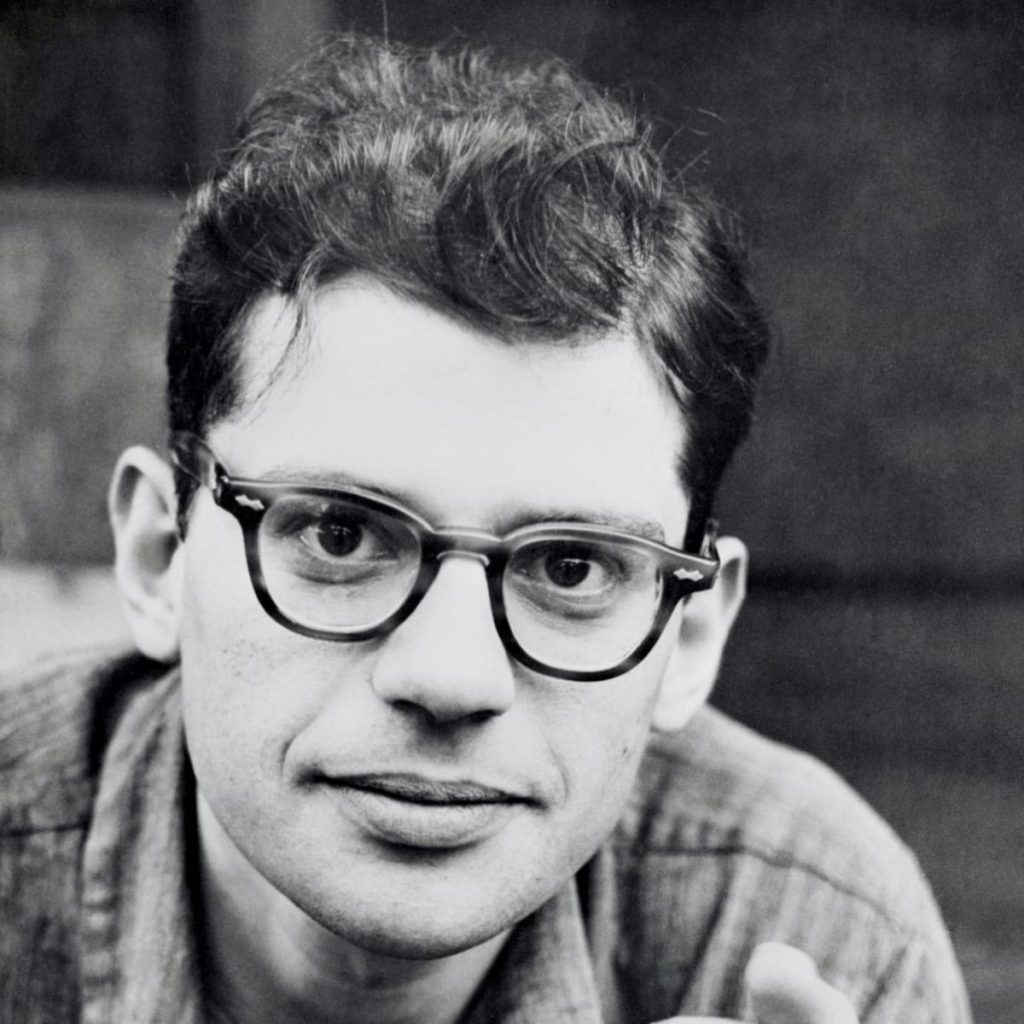#1 Antarabhava Inauguration, Ambivalence toward Editors, and Allen Ginsberg on Madison Ave
 By my observation, some writers take easily to the spotlight of self-promotion. A primary mentor of mine, Allen Ginsberg, did so with enthusiasm. He saw himself, I think, as not just a guy selling books, but as some sort of harbinger of changing consciousness, sexual and political liberation, spiritual proclamation, and really quite a list of things he had no problem standing for and declaiming. It’s not so well known, perhaps, that he worked for an advertising agency on Madison Ave for five years in the 50’s (a Mad Man!), training that served him well in his subsequent life as a public figure.
By my observation, some writers take easily to the spotlight of self-promotion. A primary mentor of mine, Allen Ginsberg, did so with enthusiasm. He saw himself, I think, as not just a guy selling books, but as some sort of harbinger of changing consciousness, sexual and political liberation, spiritual proclamation, and really quite a list of things he had no problem standing for and declaiming. It’s not so well known, perhaps, that he worked for an advertising agency on Madison Ave for five years in the 50’s (a Mad Man!), training that served him well in his subsequent life as a public figure.
Well, nowadays, anybody can set up shop on the internet and self-promote, merchandise, and bellow their opinions…and I’m no different. Getting a major (or even minor) publisher for poetry has a lower likelihood and lower dollars than ever, and the efforts you must go through–despite the distribution and advertising you’re theoretically gaining–still amount to a massive and on-going self-promotion campaign. If I had a million followers on a social media platform, I could probably get a publisher happy to put out some poetry or whatever else had my name on it.
Further, publishers come with editors. That can be a very good thing, even wonderful thing for a writer. Paul Kendel (we’re selling his book on this site) told me that Hemingway depended on his editor to do massive cuts (hundreds of pages) to his manuscripts until they became the honed prose we associate with Hemingway. Something similar came about with Raymond Carver, who owed more than a little of his distinctive style to his editor.
My experience with editors–once I got well beyond my school days–has been mixed. One can easily get shoved into some conduit that’s the editor’s and not the writer’s, and because you have to please the editor to get published, then you dance to the editor’s tune. (As a general rule, I think it’s much easier to be editor than writer.) Again, that’s not all bad, but for whatever it’s worth, I’ve long been a dancer to my own idiosyncratic melodies, for richer (inwardly) and poorer (monetarily).
So without such aid or hindrance, I’ve made myself the arbiter of quality in my own work, and I’m publishing it my own goddamn way! And, it follows, saying it the way I want to say it! I now stand on this ground. Hence, the inauguration of Antarabhava Press.
The antarabhava, the bardo or intermediate state, leads either to birth into vision or birth into delusion, so those are the stakes. Usually this Buddhist description gets applied to the space the consciousness transits between physical death and physical rebirth, but it’s actually describing all aspects of existence, including this life, experience while dreaming, and time in meditation. In other words, we’re always in passage between one point and the next on the compass, and always facing the potential of unlimited illumination or spiraling down into the murk.
I’m interested in issuing reports on that as a transmigrating consciousness in a sequence of worlds birthing as they’re dying, to publish artifacts that track passage in a passing life. Whatever light I’ve captured into words in this process is what I have to sell. That’s the self I’m promoting.


The very next time I read a blog, I hope that it wont fail me as much as this particular one. After all, I know it was my choice to read through, however I really thought you would have something useful to talk about. All I hear is a bunch of moaning about something you could fix if you were not too busy looking for attention.
You’ve missed the point. I have fixed it by taking it on myself and not leaving it to someone else’s opinion.